The world’s insatiable sweet tooth is about to face a bitter reality. Major cocoa processing plants in Ivory Coast and Ghana, the top two cocoa producers globally, have been forced to halt or significantly reduce operations due to a critical shortage of cocoa beans. This disruption to the supply chain threatens to send chocolate prices soaring for consumers worldwide.

The current crisis is the culmination of several factors plaguing West Africa’s cocoa crops. Years of subpar harvests due to unfavorable weather conditions have significantly depleted stockpiles. Additionally, a deadly plant virus, swollen shoot, has ravaged Ghanaian plantations, further squeezing cocoa bean output.
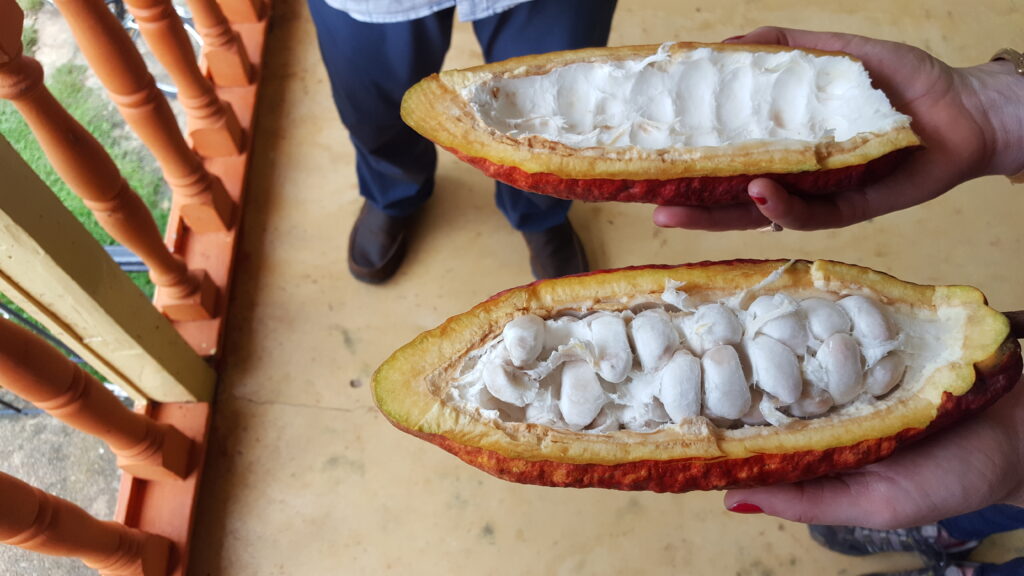
Beyond weather and disease, illegal gold mining, known as galamsey in Ghana, is also playing a destructive role. Miners are encroaching on cocoa farms, clearing land and polluting soil with toxic chemicals, rendering it unsuitable for cocoa cultivation. This land loss significantly reduces cocoa production capacity.
The situation has created a chaotic scramble for the limited cocoa beans available. Local traders are reportedly offering farmers premium prices, disrupting the traditional cocoa trade mechanisms. This has left major processors struggling to compete and facing a shortage of beans.
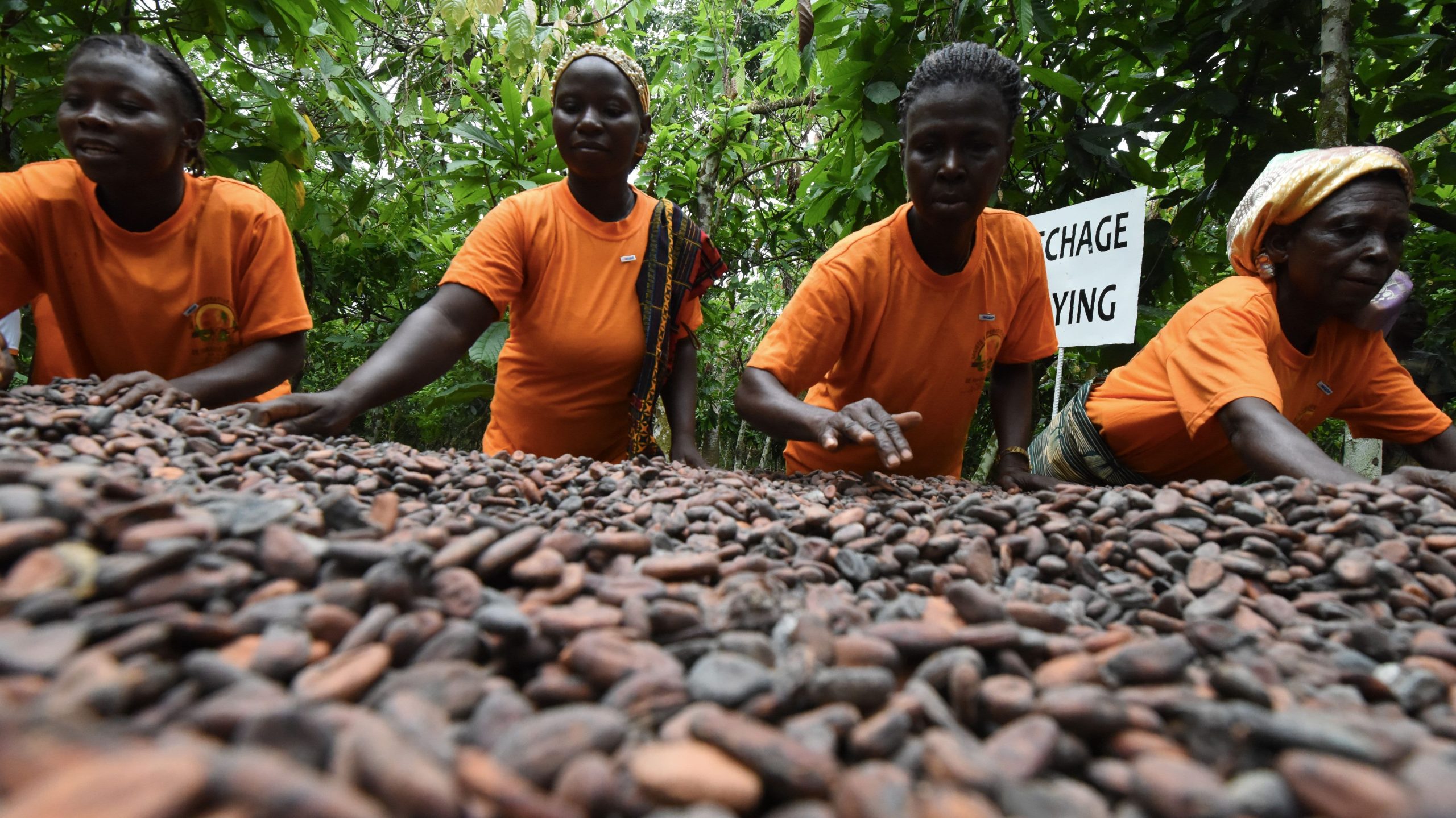
The International Cocoa Organisation (ICCO) predicts a near 11% decline in global cocoa production for the current season. This, coupled with stagnant processing capacity due to bean shortages, is expected to create a significant deficit in the supply of cocoa butter and cocoa liquor, the key ingredients in chocolate.
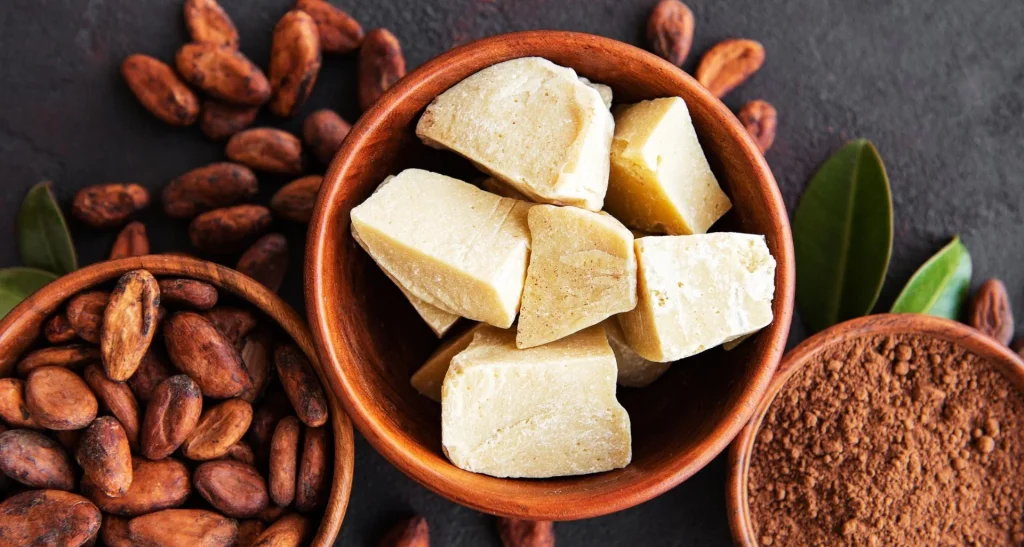
Chocolate manufacturers have already begun raising prices to offset the increasing cost of cocoa beans. Consumers can expect to see these price hikes reflected on supermarket shelves in the coming months. The severity of the price increase will depend on how long the cocoa shortage persists.
While researchers are actively developing disease-resistant cocoa strains and alternative growing regions are being explored, these solutions are unlikely to provide immediate relief. The global chocolate industry is bracing for a period of turbulence, with consumers likely to feel the pinch at the checkout aisle.
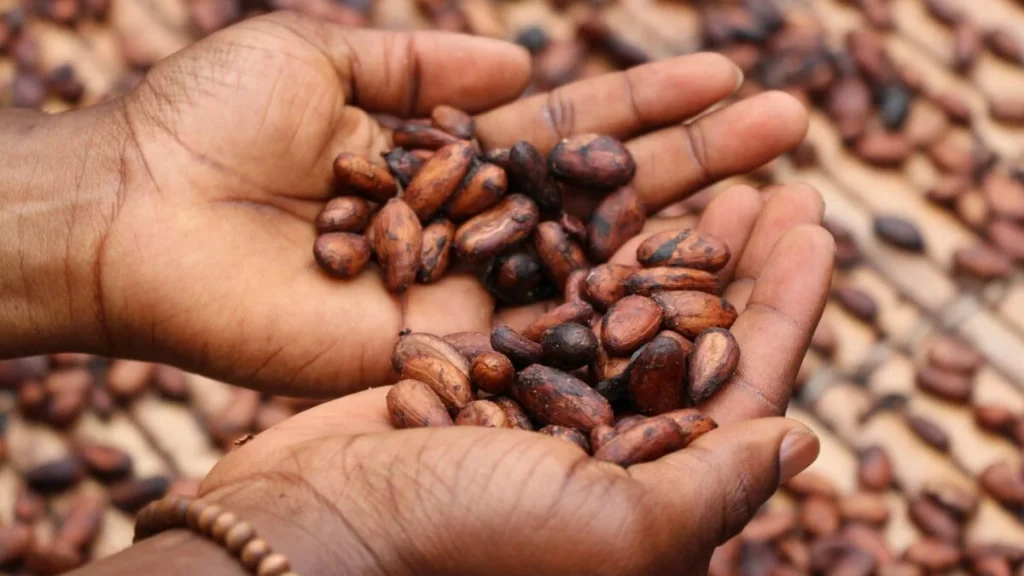
The recent news of African cocoa processing plants grinding to a halt due to bean shortages shines a spotlight on the complex relationship between West Africa and the global chocolate industry. While countries like Ivory Coast and Ghana are the world’s leading producers of cocoa beans, the story behind the sweet treat is far from simple.
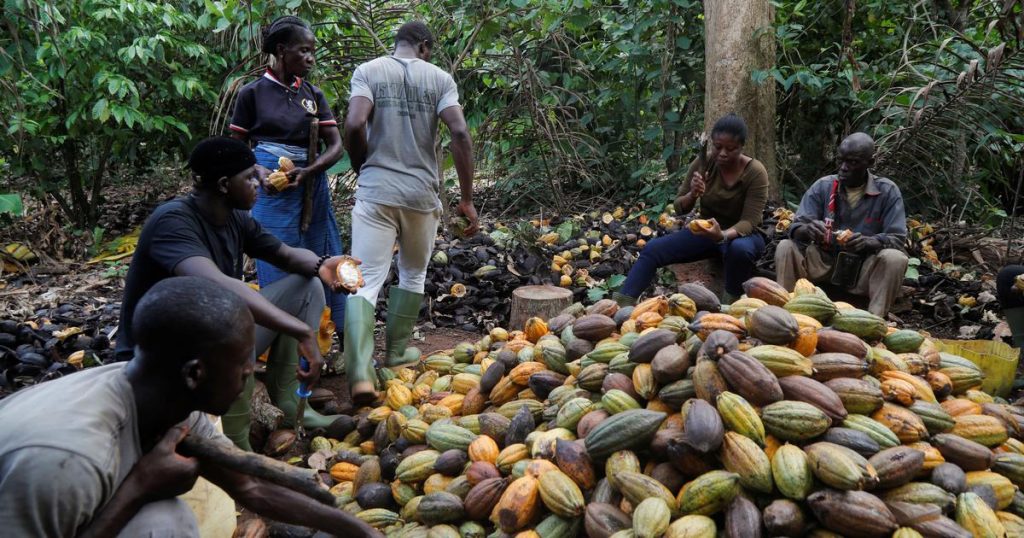
Cocoa farming in West Africa is dominated by small-scale farmers, with many families relying on cocoa for their livelihoods. The harvesting process is labor-intensive. Twice a year, farmers meticulously hack open the ripe cocoa pods, extracting the cocoa beans nestled within the white pulp. The beans then undergo a crucial fermentation and drying process, which develops the rich chocolate flavor.
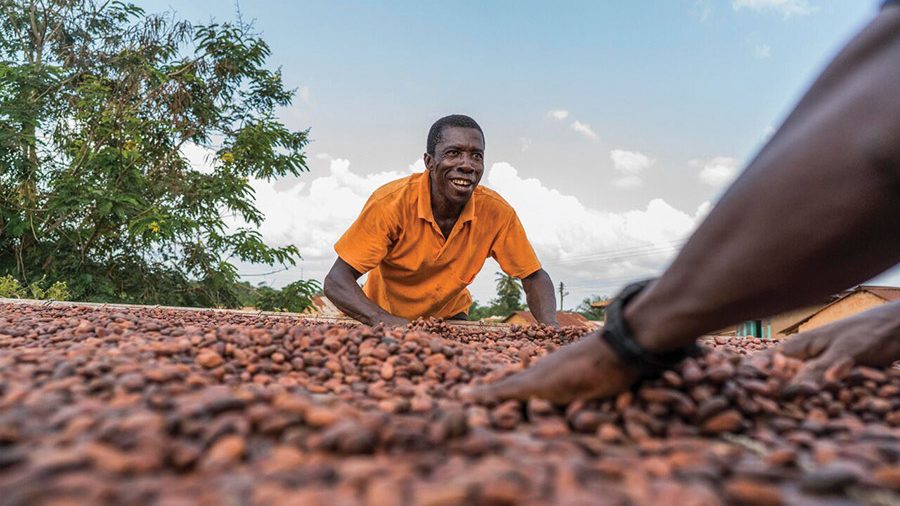
Despite their vital role, cocoa farmers often face a meager share of the profits. Low global cocoa prices and a lack of infrastructure in rural areas can leave them struggling to make ends meet. The use of child labor in some African cocoa farms has also been a persistent concern, raising ethical questions for consumers.
However, there’s a growing movement for fair trade chocolate. This ensures farmers receive a more equitable price for their beans, promoting sustainable practices and improving living conditions. Additionally, some chocolate companies are working directly with farmers, fostering closer relationships and knowledge sharing.
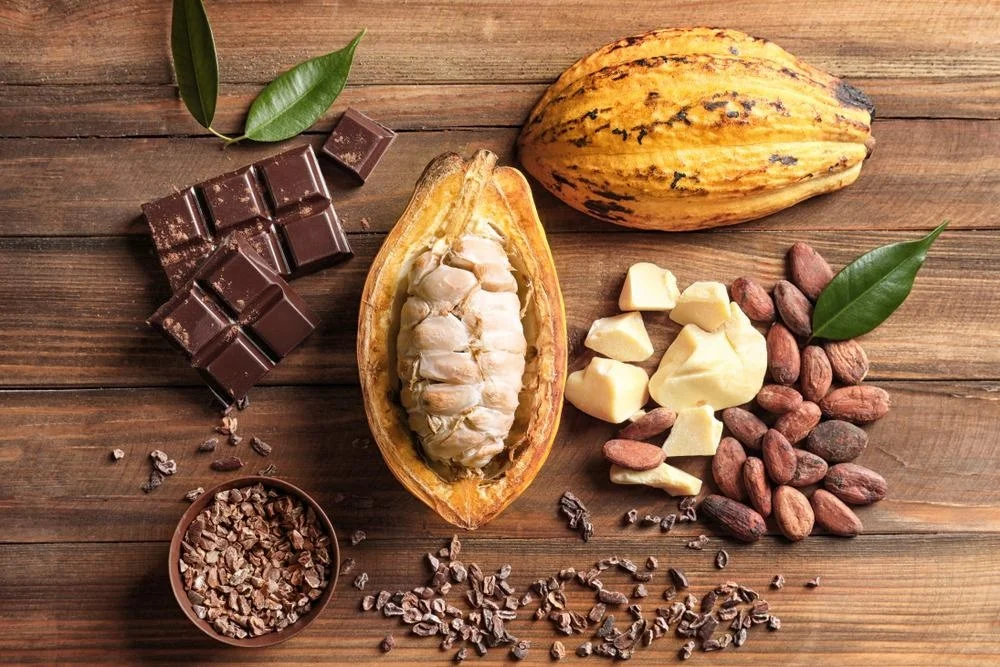
The current cocoa shortage presents an opportunity for the industry to reassess its practices. By investing in West African cocoa production, from disease resistance research to farmer support programs, the industry can ensure a sustainable future for chocolate and a better deal for the communities that cultivate this precious ingredient.
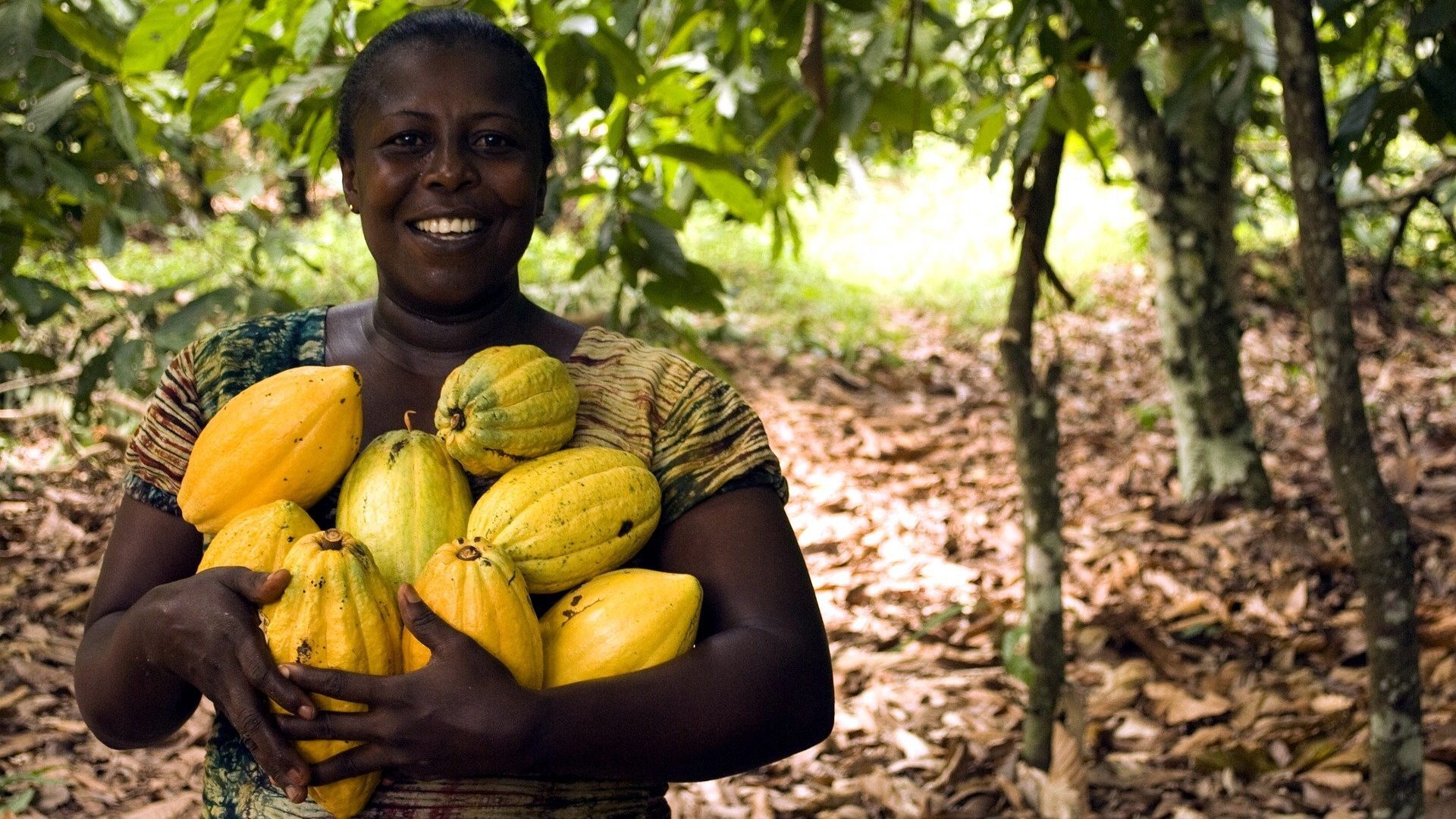
This situation highlights the need for transparency and ethical sourcing in the chocolate supply chain. By understanding the challenges faced by African cocoa farmers, consumers can make informed choices and support brands committed to fair trade practices.






GIPHY App Key not set. Please check settings